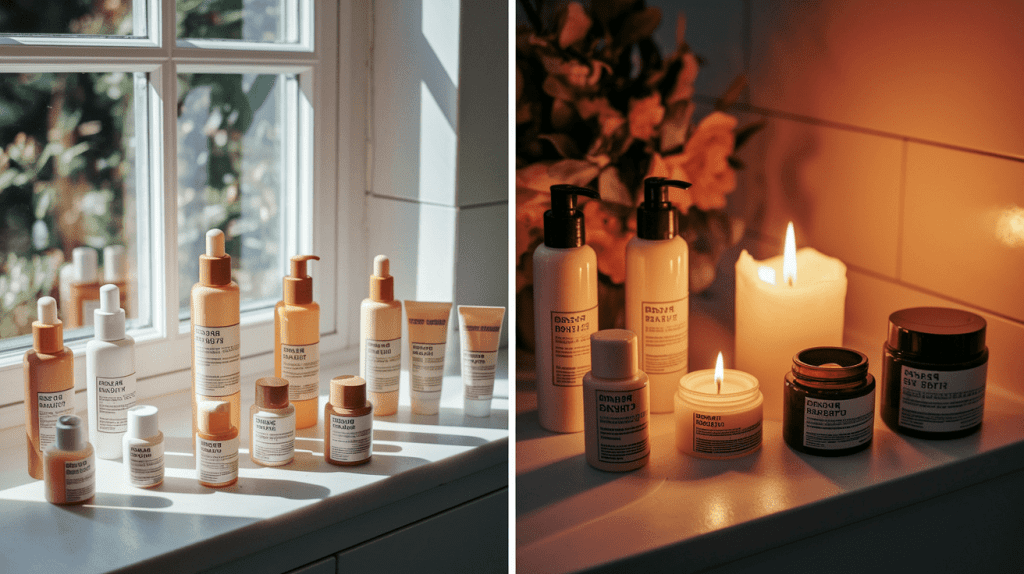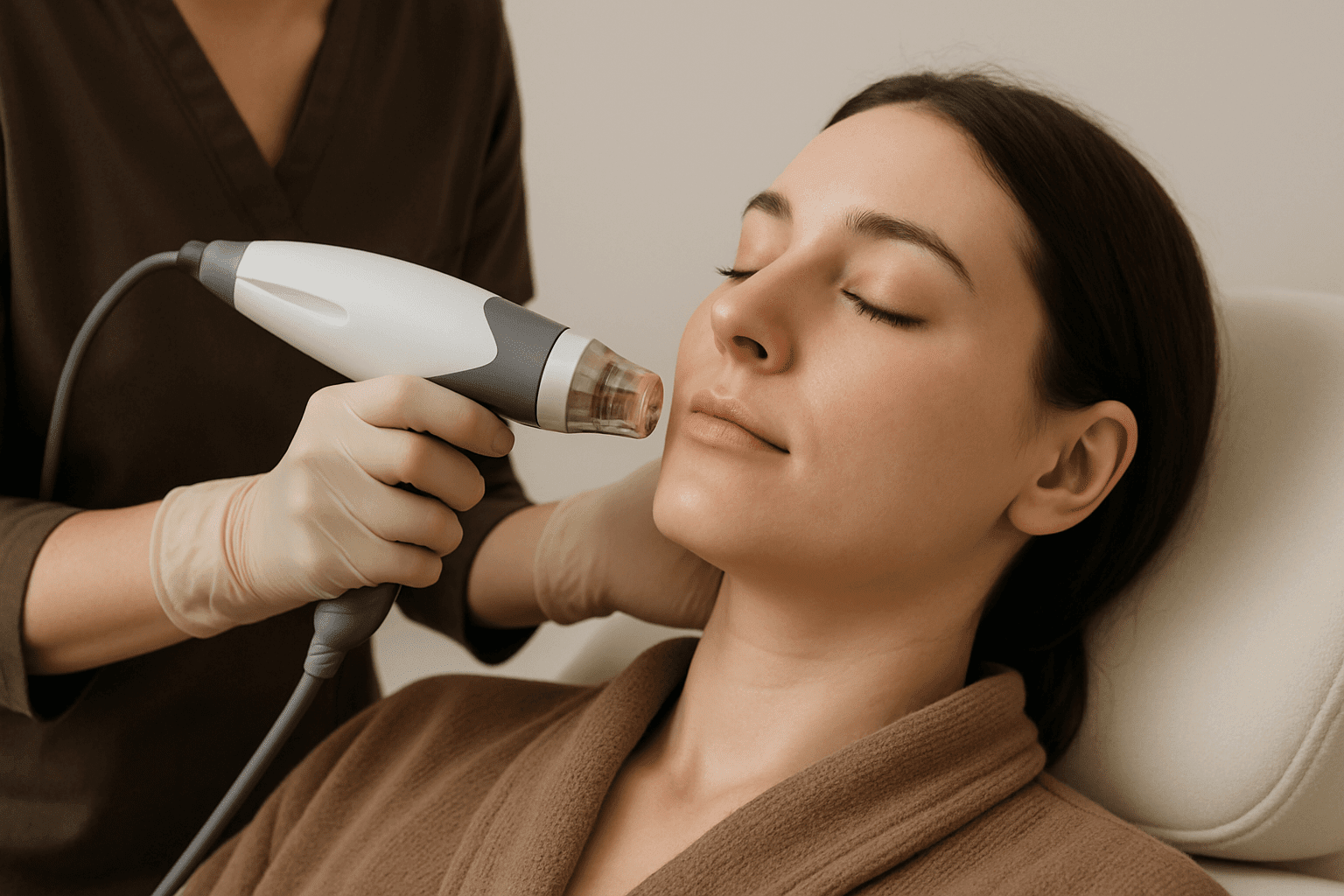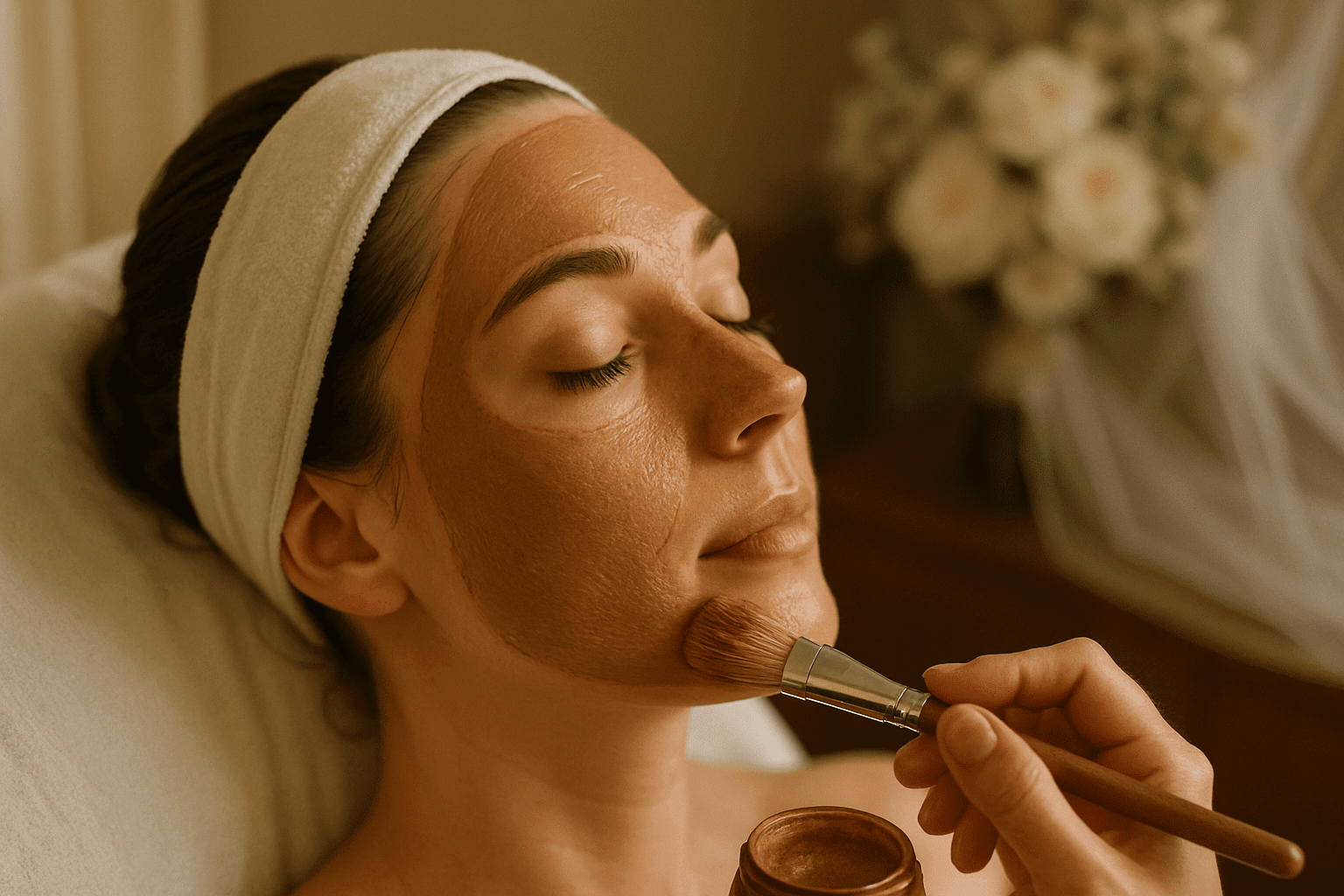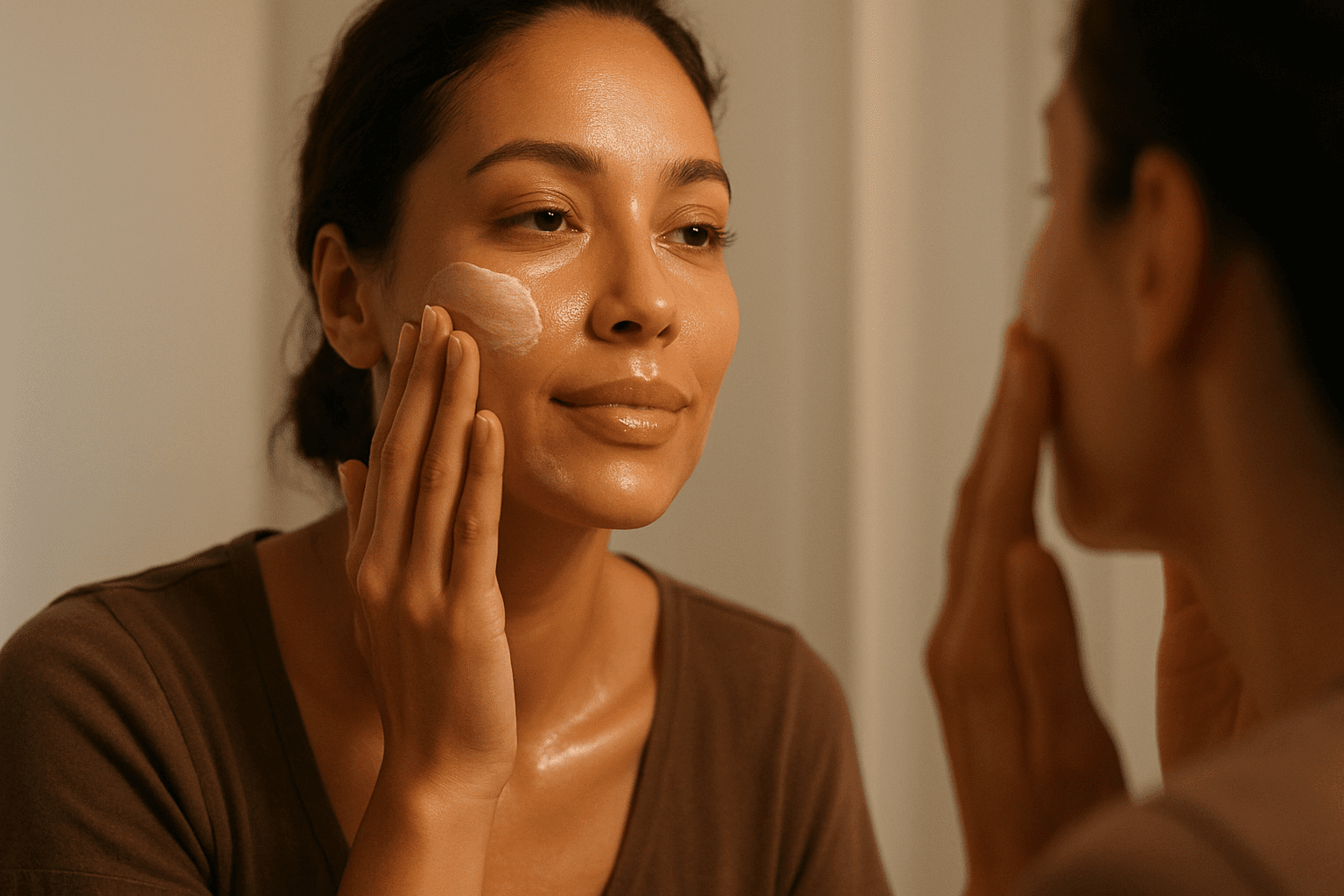
Skincare isn’t just about what you use—it’s about when you use it. Your skin, like the rest of your body, follows a 24-hour internal clock known as the circadian rhythm. This biological cycle impacts everything from cell renewal to hydration levels, inflammation, and how well your products work.
At Skin Care Institute in Tulsa, we believe in blending cutting-edge dermatology with the body’s natural intelligence. That’s why circadian rhythm skin care is more than a trend—it’s a strategy for maximizing every step of your routine.
TLDR – Quick Guide
- Your skin’s functions change throughout the day and night based on circadian rhythms.
- Daytime care should focus on protection; nighttime care should focus on repair.
- Timing professional treatments and homecare to match your skin’s cycle can enhance results.
- Aligning your skincare with your body clock may reduce irritation and improve efficacy.
What Is Circadian Rhythm Skin Care?
Your circadian rhythm regulates hormonal release, temperature, blood pressure, and yes—skin activity. These fluctuations mean that your skin is better at absorbing and responding to certain ingredients at specific times of day.
Morning: Skin shields itself from external aggressors like UV rays and pollution.
Evening: Skin shifts into repair mode, increasing cell turnover, blood flow, and collagen production.
Daytime Skin Care Routine: Defend & Hydrate
During the day, your skin’s barrier is in protection mode. Your routine should help reinforce that shield.
Key Ingredients to Use in the Morning:
- Antioxidants (Vitamin C, E): Neutralize free radicals from UV and pollution.
- Hyaluronic Acid: Locks in moisture before daily exposure dehydrates your skin.
- Peptides: Support firmness and prevent early signs of aging.
- Broad-Spectrum SPF: The single most important daytime step for anti-aging.
Pro Tip:
Get your morning facial treatment between 9 AM – 12 PM if your skin is sensitive. Your skin’s inflammatory response is typically lower during this window.
Nighttime Skin Care Routine: Repair & Renew
At night, your skin’s permeability increases—making it the best time to deliver active treatments that stimulate renewal and repair.
Key Ingredients to Use at Night:
- Retinol/Retinoids: Boost collagen and accelerate cell turnover while minimizing irritation.
- Alpha Hydroxy Acids (AHAs): Gently exfoliate dead skin cells.
- Ceramides & Niacinamide: Rebuild your skin’s barrier and soothe inflammation.
- Growth Factors & Peptides: Encourage regeneration and firmness overnight.
Pro Tip:
Apply heavier serums and creams between 9 PM and midnight, when microcirculation peaks and your skin absorbs ingredients most effectively.
Timing In-Office Treatments for Maximum Results
At Skin Care Institute, we align treatment planning with circadian principles to reduce irritation and improve healing.
- Laser Treatments & Peels: Best scheduled earlier in the day when skin is less reactive to inflammation.
- Injectables: Can be done mid-morning to early afternoon when blood flow is moderate, reducing bruising.
- Microneedling & PRP: Evening appointments may leverage overnight healing for enhanced results.
The Science Behind It
Multiple dermatological studies confirm that skin barrier function, temperature, oil production, and gene expression vary by time of day. Ignoring these patterns can result in less effective product absorption—or worse, skin stress.
Aligning your skincare with your natural circadian rhythm supports better hydration, fewer breakouts, and a more youthful appearance long term.
Key Takeaways
- Circadian rhythm skin care focuses on syncing your routine with your body’s internal clock.
- Day = protect; night = repair. Each product should support your skin’s natural function at that time.
- In-office treatments are more effective (and better tolerated) when scheduled according to skin cycles.
- Skin Care Institute combines medical expertise with biological timing to deliver optimal results at every age.
FAQs
- Is there a best time of day for applying skincare?
Yes—morning is best for protection-focused products, and evening is ideal for active treatments like retinol and AHAs. - Can following a circadian rhythm improve sensitive skin?
Absolutely. When you align your product use with your skin’s natural defenses, you can reduce irritation and inflammation. - Should I adjust my schedule for in-office treatments too?
It’s a good idea. Morning appointments may reduce inflammation, while evening sessions support repair processes. - Do skin types affect circadian skincare timing?
Yes. Oily skin may benefit from lighter morning formulas, while dry or mature skin thrives with richer nighttime hydration. - Is this approach just for aging skin?
No. Circadian rhythm skin care benefits all skin types and concerns—from acne to pigmentation to prevention.



